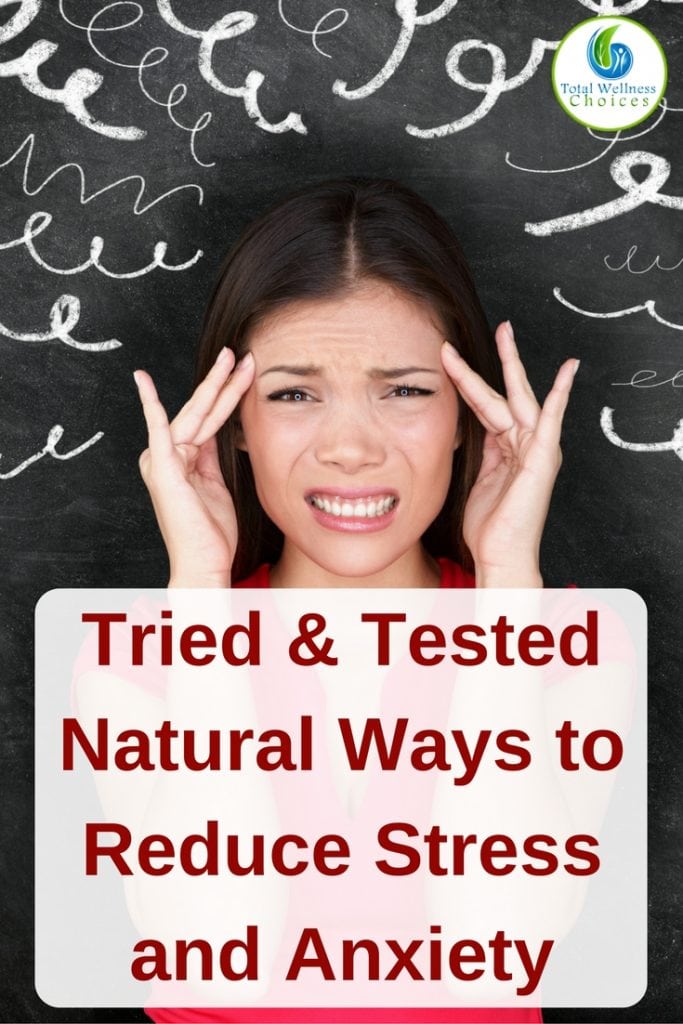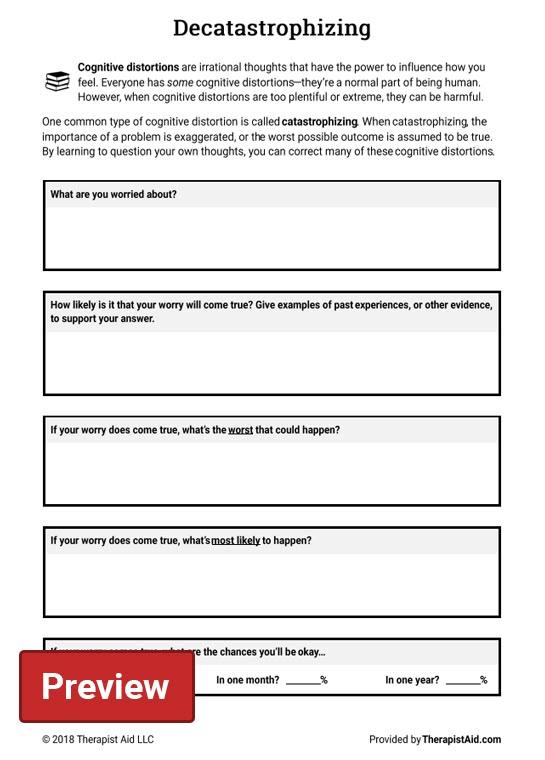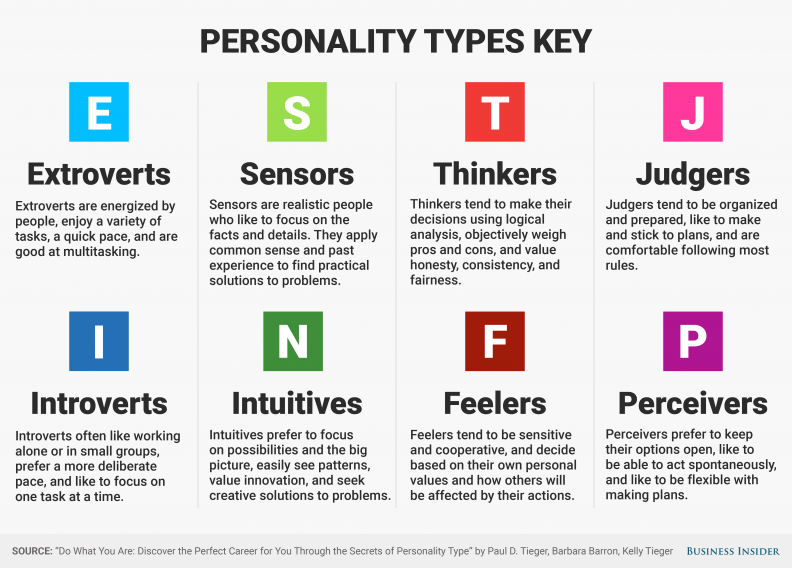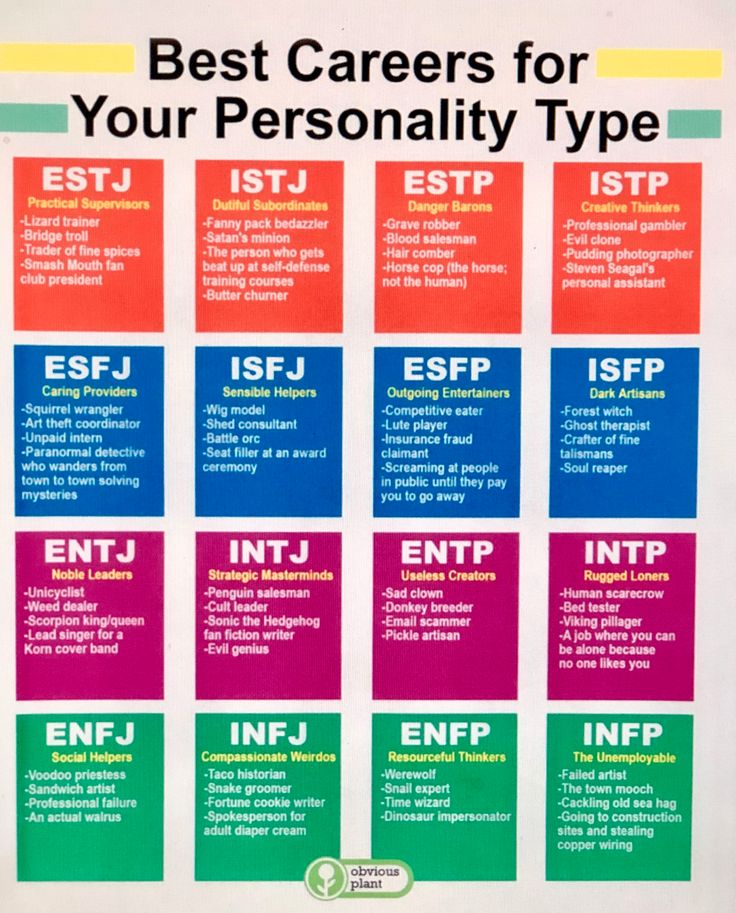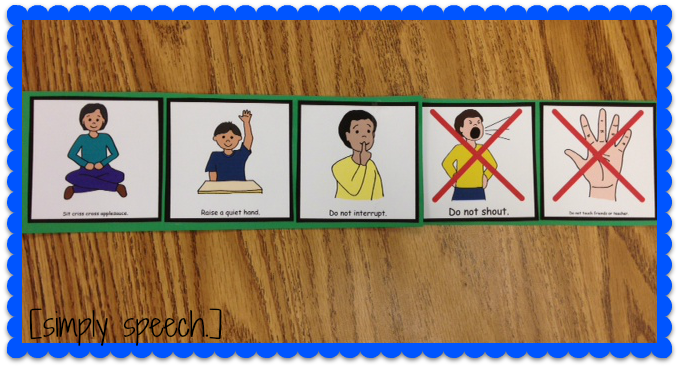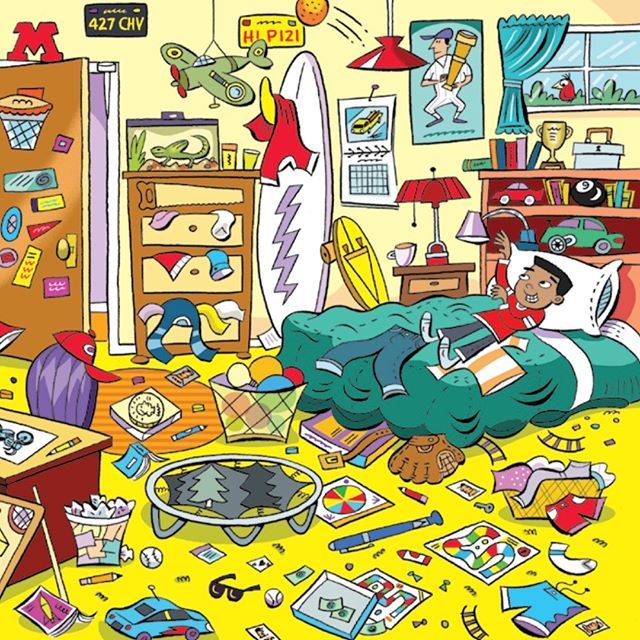Natural ways of dealing with anxiety
Natural Remedies for Anxiety: 10 Ideas
Anxiety is your body’s natural response to stress. It’s a feeling of fear or worry that could be caused by a combination of factors that researchers believe range from genetics to environmental to brain chemistry.
Some common symptoms of anxiety include:
- increased heart rate
- rapid breathing
- restlessness
- trouble concentrating
However, it’s important to note that anxiety can present itself in different ways for different people. While one person may experience a butterfly feeling in their stomach, another might have panic attacks, nightmares, or painful thoughts.
With that being said, there’s a difference between everyday anxiety and anxiety disorders. Feeling anxious about something new or stressful is one thing, but when it gets to an uncontrollable or excessive point and starts to affect your quality of life, it could be a disorder.
Some anxiety disorders include:
- panic disorder
- post-traumatic stress disorder (PTSD)
- obsessive-compulsive disorder (OCD)
- separation anxiety
- illness anxiety
- phobia
- generalized anxiety disorder (GAD)
- social anxiety disorder
Anxiety can be treated in a variety of ways. One common treatment option is cognitive behavioral therapy (CBT), which helps provide people with tools to cope with anxiety when it occurs.
There are also certain medications, like antidepressants and sedatives, that work to balance brain chemistry and prevent episodes of anxiety. They may even ward off the most severe symptoms.
If you’re looking to go a more natural route, though, there are little and big ways you can help combat anxiety.
You can make adjustments to habits, like exercise, sleep, and diet. You can also try something totally new, like aromatherapy or meditation. No matter what your lifestyle demands, there’s a natural way to help reduce anxiety for everyone.
1. Stay active
Regular exercise isn’t just about physical health — it can be a huge help to your mental health, as well.
A 2013 study found that people with anxiety disorders who reported a high level of physical activity were better protected against developing anxiety symptoms.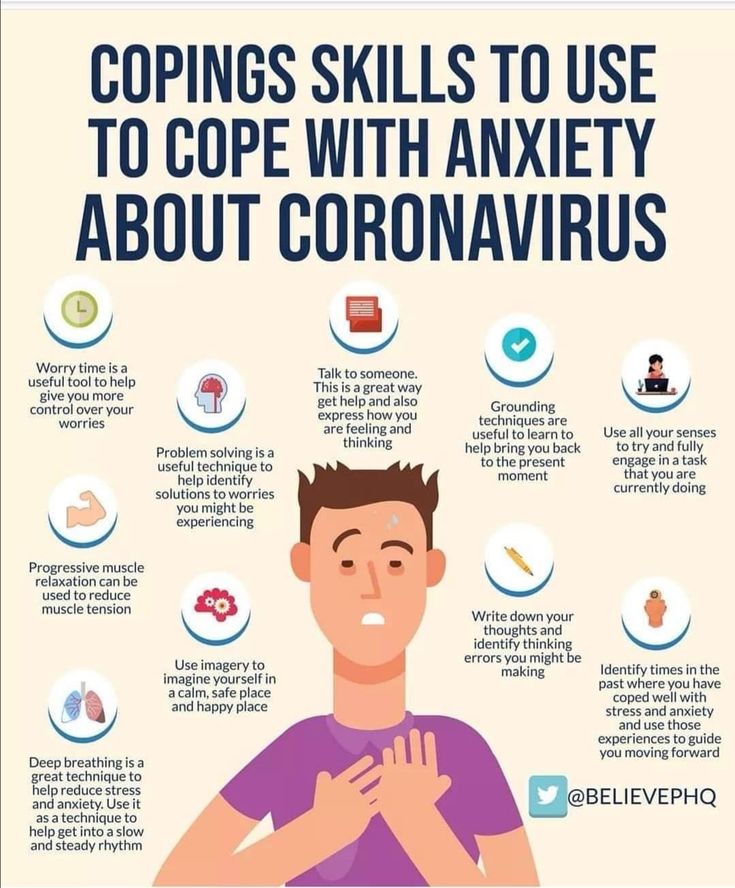
This could be for a variety of reasons. Exercise can divert your attention away from something that’s making you anxious.
Getting your heart rate up also changes the brain chemistry to create more space for anti-anxiety neurochemicals, like:
- serotonin
- gamma-aminobutyric acid (GABA)
- brain-derived neurotrophic factor (BDNF)
- endocannabinoids
According to the American Psychological Association (APA), regular exercise leads to an enhancement of concentration and willpower, which can help certain anxiety symptoms.
When it comes to what type of exercise, this is more of a personal preference. If you’re looking to really get your heart rate up, something like a HIIT class (high-intensity interval training) or running is your best bet.
But if you’re looking to start off with something with a little lower impact, workouts, like Pilates and yoga, could also be just as beneficial for your mental health.
2. Steer clear of alcohol
Drinking alcohol may take the edge off at first, since it’s a natural sedative.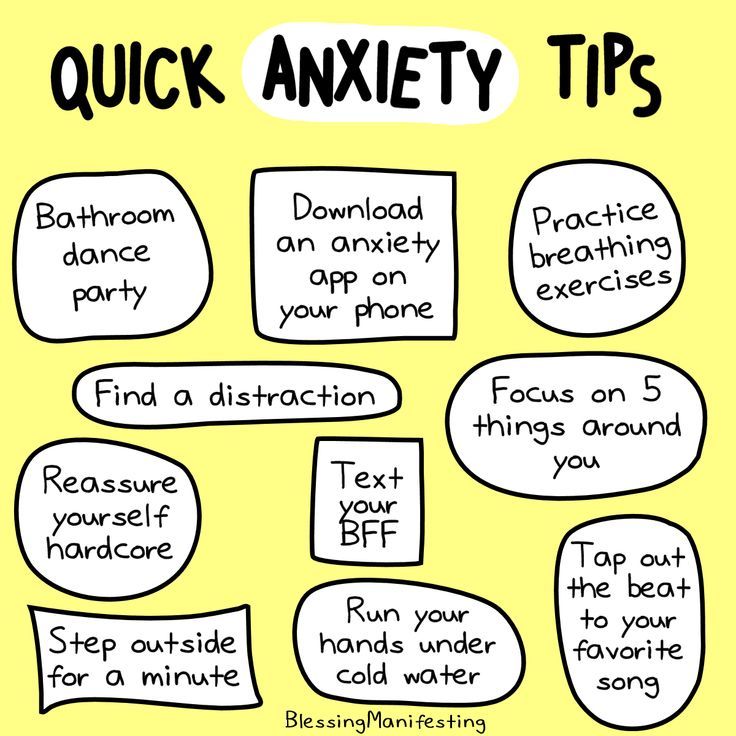 However, research suggests there’s a link between anxiety and alcohol consumption, with anxiety disorders and alcohol use disorder (AUD) occurring hand-in-hand.
However, research suggests there’s a link between anxiety and alcohol consumption, with anxiety disorders and alcohol use disorder (AUD) occurring hand-in-hand.
A 2017 review that looked at 63 different studies showed that decreasing alcohol intake can improve both anxiety and depression.
Heavy drinking can interfere with the balance of neurotransmitters, which can be responsible for positive mental health. This interference creates an imbalance that may lead to certain symptoms of anxiety.
Anxiety may temporarily increase in early sobriety but can improve in the long run.
Alcohol has also been shown to disrupt your body’s natural ability to sleep by interfering with sleep homeostasis. And as we’ll later point out, a good night’s sleep is incredibly helpful when combating anxiety.
3. Consider quitting smoking cigarettes
Smokers often reach for a cigarette during stressful times. Yet, like drinking alcohol, taking a drag on a cigarette when you’re stressed is a quick fix that may worsen anxiety over time.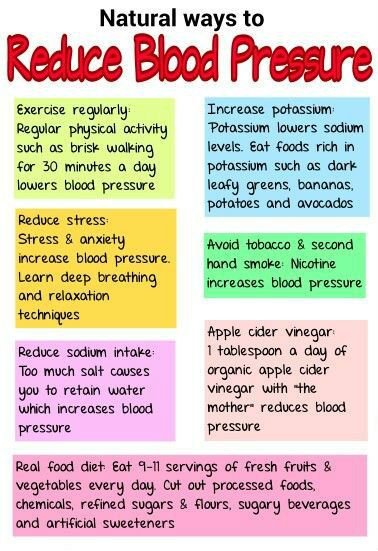
Research has shown that the earlier you start smoking in life, the higher your risk of developing an anxiety disorder later. Research also suggests nicotine and other chemicals in cigarette smoke alter pathways in the brain linked to anxiety.
If you’re looking to quit, there are lots of different ways you can get started. The Centers for Disease Control and Prevention (CDC) recommends finding a safe substitute for cigarettes, like toothpicks.
You can also take up habits that may distract you in order to create an environment that works for your smoke-free life. Additionally, you can make a plan with a support system who can provide everything from encouragement to distractions.
4. Limit caffeine intake
If you have chronic anxiety, caffeine is not your friend. Caffeine may cause nervousness and jitters, neither of which is good if you’re anxious.
Research has shown caffeine may cause or worsen anxiety disorders. It may also cause panic attacks in people with panic disorder.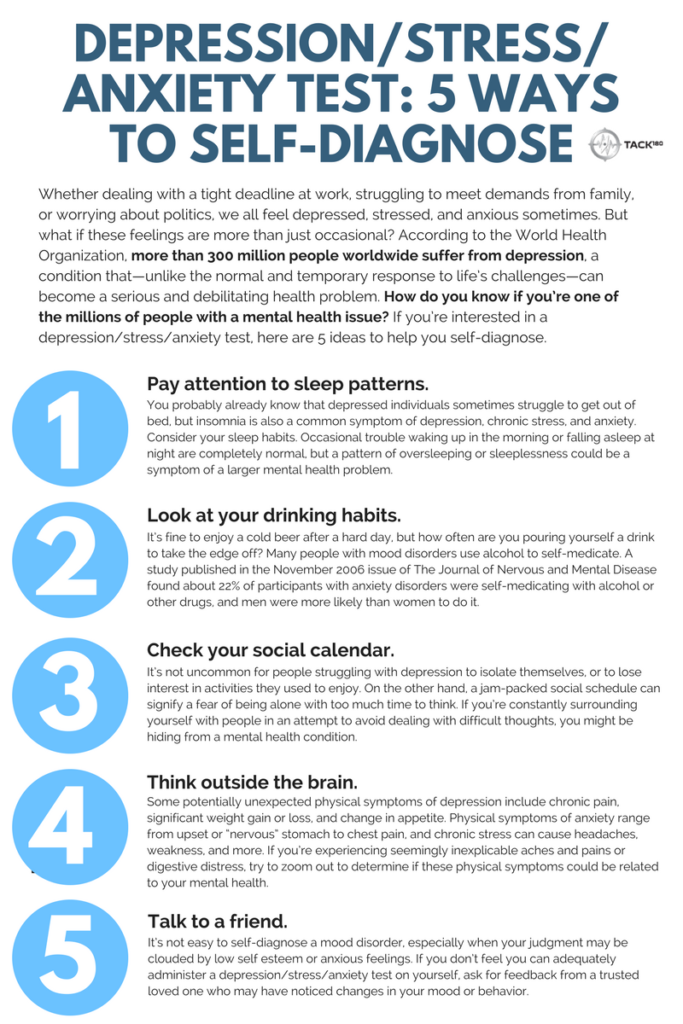 In some people, eliminating caffeine may significantly improve anxiety symptoms.
In some people, eliminating caffeine may significantly improve anxiety symptoms.
Similar to alcohol, caffeine and anxiety are often linked, due to caffeine’s ability to alter brain chemistry.
For example, a 2008 study showed that caffeine increases alertness by blocking the brain chemical adenosine, which is what makes you feel tired, while at the same time triggering the release of adrenalin.
With all this being said, a moderate intake of caffeine is safe for most people.
However, if you’re looking to cut back or completely cut out caffeine, you’ll want to start by slowly reducing the amount of caffeine you drink daily.
Start replacing these drinks with water to quench the thirst. This will not only satisfy your body’s need to drink a liquid, but it will also help flush caffeine from your body and keep you hydrated.
Gradually reducing your caffeine over the course of a few weeks can help adjust the habit without the body going through withdrawal.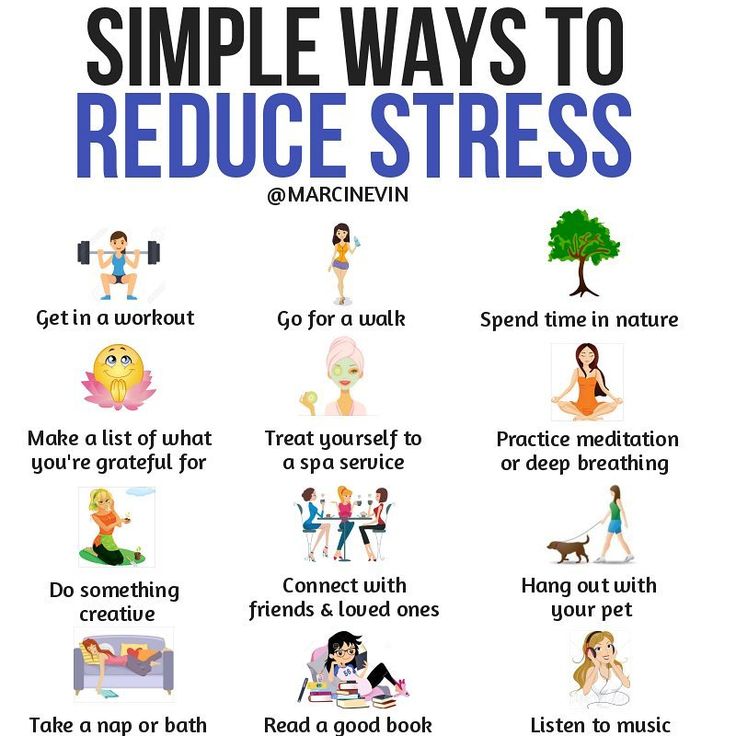
5. Prioritize getting a good night’s rest
Sleep has been proven time and time again to be an important part of good mental health.
Even though a 2012 survey found that nearly a third of adults get less than 6 hours of sleep a night, the CDC recommends that adults get 7 to 9 hours of sleep every day.
You can make sleep a priority by:
- only sleeping at night when you’re tired
- not reading or watching television in bed
- not using your phone, tablet, or computer in bed
- not tossing and turning in your bed or going to another room if you can’t sleep
- avoiding caffeine, large meals, and nicotine before bedtime
- keeping your room dark and cool
- writing down your worries before going to bed
- going to sleep at the same time each night
6. Meditate and practice mindfulness
A main goal of meditation is full awareness of the present moment, which includes noticing all thoughts in a nonjudgmental way. This can lead to a sense of calm and contentment by increasing your ability to mindfully tolerate all thoughts and feelings.
This can lead to a sense of calm and contentment by increasing your ability to mindfully tolerate all thoughts and feelings.
Meditation is known to relieve stress and anxiety and is a primary facet of CBT.
Research from John Hopkins suggests 30 minutes of daily meditation may alleviate some anxiety symptoms and act as an antidepressant.
How to meditate
There are 9 popular types of meditation:
- mindfulness meditation
- spiritual meditation
- focused meditation
- movement meditation
- mantra meditation
- transcendental meditation
- progressive relaxation
- loving-kindness meditation
- visualization meditation
Mindfulness meditation is generally the most popular form. To mindfully meditate, you can close your eyes, breathe deeply, and pay attention to your thoughts as they pass through your mind. You don’t judge or become involved with them. Instead, you simply observe them and take note of any patterns.
7. Eat a balanced diet
Low blood sugar levels, dehydration, or chemicals in processed foods, such as artificial flavorings, artificial coloring, and preservatives, may cause mood changes in some people. A high-sugar diet may also impact temperament.
If your anxiety worsens after eating, check your eating habits. Stay hydrated, eliminate processed foods, and eat a balanced diet rich in complex carbohydrates, fruits and vegetables, and lean proteins.
8. Practice deep breathing
Shallow, fast breathing is common with anxiety. It may lead to a fast heart rate, dizziness or lightheadedness, or even a panic attack.
Deep breathing exercises — the deliberate process of taking slow, even, deep breaths — can help restore normal breathing patterns and reduce anxiety.
9. Try aromatherapy
Aromatherapy is a holistic healing treatment that has been used by humans for thousands of years. The practice uses natural plant extracts and essential oils to promote the health and well-being of the mind, body, and spirit.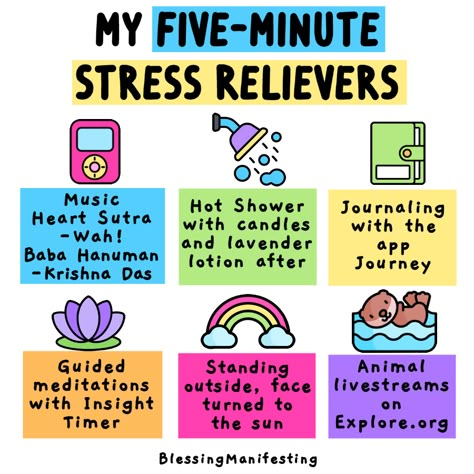 Its goal is to enhance both physical and emotional health.
Its goal is to enhance both physical and emotional health.
The essential oils created by the natural plant extracts may be inhaled directly or added to a warm bath or diffuser. Aromatherapy is suggested to:
- help you relax
- help you sleep
- boost mood
- reduce heart rate and blood pressure
Some essential oils believed to relieve anxiety are:
- bergamot
- lavender
- clary sage
- grapefruit
- ylang ylang
10. Drink chamomile tea
A cup of chamomile tea is a common home remedy to calm frayed nerves and promote sleep.
A 2014 study showed chamomile may also be a powerful ally against GAD. The study found people who took German chamomile capsules (220 milligrams up to five times daily) had a greater reduction in test scores that measure anxiety symptoms than those who were given a placebo.
Another 2005 study found that chamomile extract helped sleep-disturbed rats fall asleep. Researchers believe that the tea may function like benzodiazepine, binding to benzodiazepine receptors and having benzodiazepine-like hypnotic activity.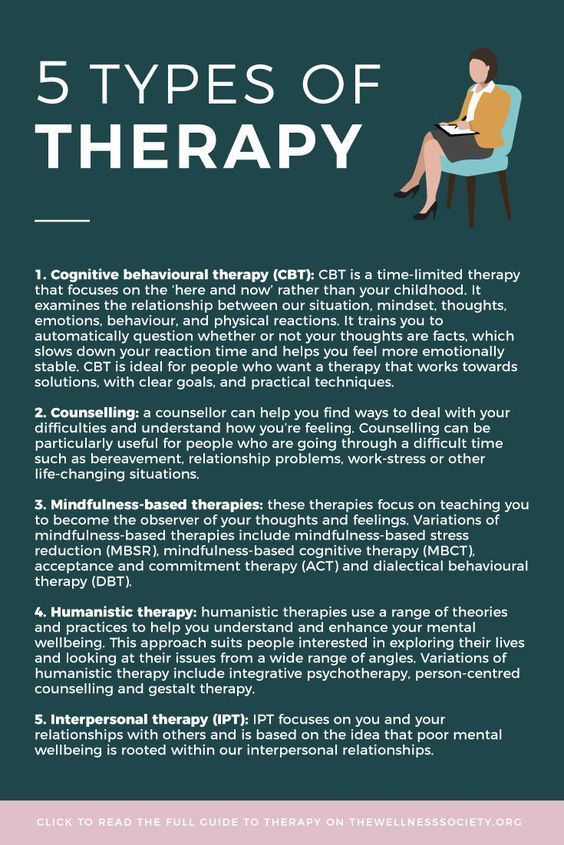
Interested in other resources for mental health?
We’re here to help. Explore our evidence-driven reviews of top providers, products, and more to support your physical and emotional well-being.
If you’re feeling anxious, the above ideas may help calm you down.
Remember, home remedies may help ease anxiety, but they don’t replace professional help. Increased anxiety may require therapy or prescription medication. Talk with your doctor about your concerns.
Read this article in Spanish.
How to Treat Your Symptoms and When to See a Doctor
In this Article
Some anxiety is a normal part of life. You might feel a certain amount of unease or uncertainty when it comes to stressful situations such as taking a test, giving a presentation, or meeting new people. In many cases, a small amount of anxiety every so often can be a good thing. It helps to keep you aware of potential dangers and motivates you to be prepared.
For many people, however, anxiety occurs more frequently. They experience it almost every day. Anxiety disorders such as generalized anxiety disorder, panic disorder, or phobias can interfere with normal daily activities, affecting their work, home, and personal lives. They differ from regular anxiety in that people feel an excessive amount of fear or anxiousness.
They experience it almost every day. Anxiety disorders such as generalized anxiety disorder, panic disorder, or phobias can interfere with normal daily activities, affecting their work, home, and personal lives. They differ from regular anxiety in that people feel an excessive amount of fear or anxiousness.
Dealing with anxiety can be stressful, but it is treatable. Many people with anxiety find relief with treatment. While some people benefit from taking medication, others find success with natural remedies.
Natural Remedies for Anxiety
Natural remedies for anxiety are those that don’t involve conventional medications (medicine you get from a doctor or health professional). They include things such as herbs, aromatherapy, and performing certain actions that promote relaxation. Some people with anxiety use natural remedies alongside conventional treatments to find relief.
Examples of natural remedies for anxiety include:
Exercise
Exercise isn’t just good for your physical health; it’s also beneficial for your mental health.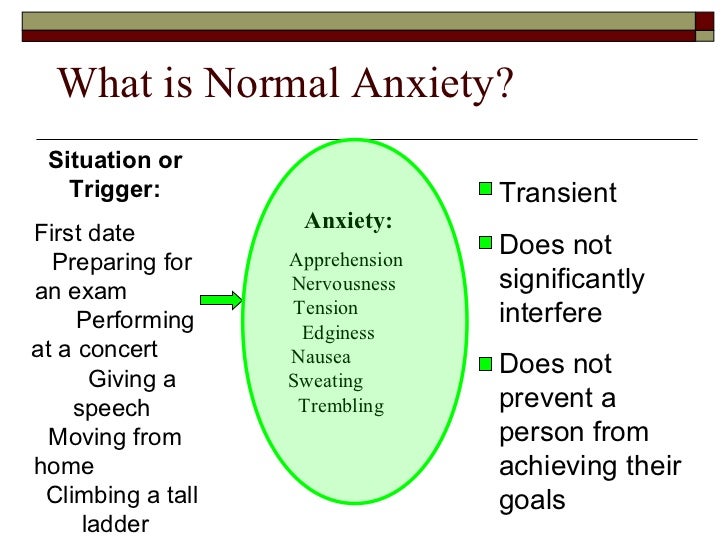 While the connection isn’t well understood, studies do show that exercise can help to alleviate symptoms of anxiety.
While the connection isn’t well understood, studies do show that exercise can help to alleviate symptoms of anxiety.
Getting active helps to take your mind off of the issues bothering you. It also triggers your body to release endorphins, which are natural feel-good hormones.
Herbal Remedies
Several different herbs and herbal supplements may help alleviate anxiety symptoms, helping you to relax and feel calmer. Some of the more well-known varieties include:
- Lavender
- Lemon balm
- Chamomile
- Passionflower
- Kava
Studies show that chamomile can help with symptoms of generalized anxiety disorder. While many of the studies on herbal supplements for anxiety are limited, the results are promising.
You can find many of these (and other) supplements in capsule (pill) form. Many people also drink herbal teas to help them relax.
Aromatherapy
Aromatherapy involves the use of essential oils to improve health and overall well-being.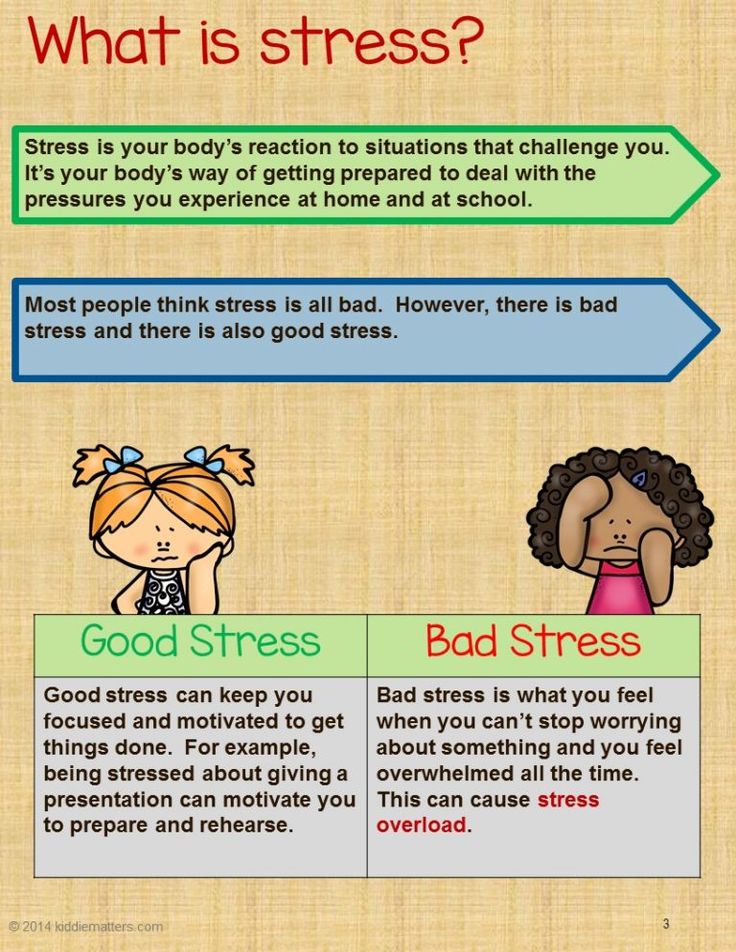 Many scents can help to boost your mood, help you relax, and reduce anxiety.
Many scents can help to boost your mood, help you relax, and reduce anxiety.
There are a few ways you can use essential oils. You can use a diffuser, place a few drops on a lava bead bracelet, or mix your favorite scent in a carrier oil to place on your wrist or neck.
Scents to use for anxiety include:
- Lavender
- Ylang ylang
- Grapefruit
- Clary sage
- Bergamont
CBD Oil
Hemp-derived CBD oil has risen in popularity in recent years. Unlike marijuana-derived CBD, CBD from hemp plants has little (less than 0.3%) to no tetrahydrocannabinol (THC), the cannabinoid that causes a high.
Several studies have shown that CBD can help with many ailments, such as pain, inflammation, insomnia, and anxiety. While research is still in the early stages, studies show that it may have a lot of potential as an alternative anxiety treatment.
You can find CBD products in many mainstream stores. There are many options, including:
- CBD oil tinctures (liquid drops)
- CBD gummies
- CBD chocolate and candies
- CBD topicals (creams or lotions)
Meditation
Meditation involves the practice of mindfulness.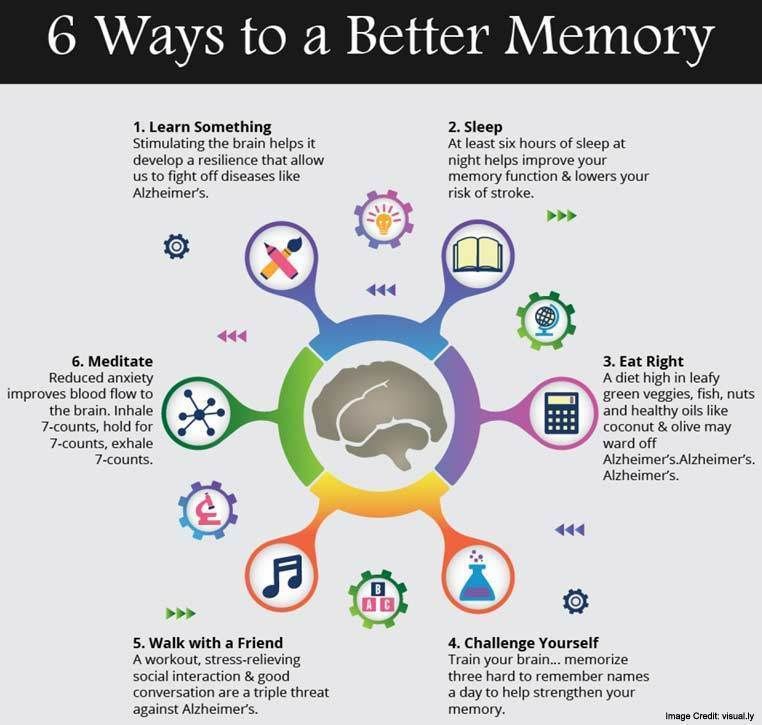 You focus on removing chaotic thoughts from your mind and replacing them with calm. Research indicates that meditation can help to relieve anxiety symptoms, helping you to feel more at ease.
You focus on removing chaotic thoughts from your mind and replacing them with calm. Research indicates that meditation can help to relieve anxiety symptoms, helping you to feel more at ease.
Deep Breathing Exercises
Rapid, shallow breathing is a common symptom of anxiety. Breathing in this manner can increase your heart rate, make you feel dizzy, and may even increase the risk of a panic attack. Deep breathing involves taking deliberately deep and measured breaths to restore normal breathing patterns, which can help to reduce anxiety.
Weighted Blankets
Research shows that weighted blankets can be beneficial for alleviating symptoms of anxiety. The pressure helps to put your body into “rest mode,” reducing those symptoms and preparing your body to rest. These blankets come in many different sizes and weights, enabling you to find what works best for you.
Quit Cigarettes and Alcohol
Both alcohol and cigarettes may appear to calm your nerves at first. After taking a drink, however, your anxiety may worsen. A cycle can develop, leading to alcohol dependence.
After taking a drink, however, your anxiety may worsen. A cycle can develop, leading to alcohol dependence.
Several studies also show that smoking can worsen symptoms of anxiety. Therefore, it’s a good idea to try to avoid drinking or smoking to reduce feelings of anxiety.
When to See a Doctor
While natural treatments can help with anxiety symptoms, some signs may indicate that you need to call your doctor:
- Your anxiety is chronic (long-lasting), and it interferes with your ability to function daily
- Your symptoms have persisted for six months or more
- You’re experiencing physical symptoms such as rapid heart rate, difficulty sleeping, stomach issues, or chronic fatigue
- You’re avoiding people or places
- You’re having thoughts of self-harm or suicide
Your doctor may prescribe anti-anxiety medications or refer you to a specialist. In some cases, the natural remedies described above may be used along with more conventional treatments to help you manage your symptoms.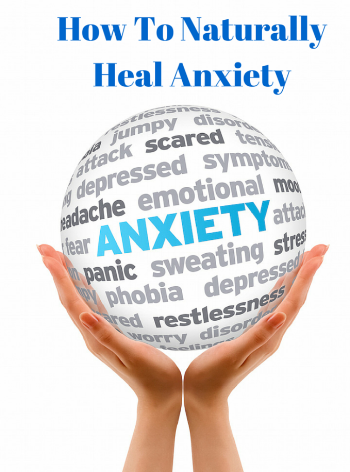
© 2022 WebMD, LLC. All rights reserved.
SOURCES:
American Addiction Center: “The Connection between Anxiety and Alcohol.”
American Psychiatric Association: “What Are Anxiety Disorders?”
Brain and Behavior: “How cigarette smoking may increase the risk of anxiety symptoms and anxiety disorders: a critical review of biological pathways.”
Cleveland Clinic: “Stressed Out? Aromatherapy Can Help You Feel Calmer.”
Harvard Health Publishing: “Cannabidiol (CBD) – What we know and what we don’t.”
Mayo Clinic: “Depression and anxiety: Exercising eases symptoms.”
Mayo Clinic: “Herbal treatment for anxiety: Is it effective?”
Michigan Medicine: “Stress Management: Breathing Exercises for Relaxation.”
National Institute of Mental Health: “Anxiety Disorders.”
Neurotherapeutics: “Cannabidiol as a Potential Treatment for Anxiety Disorders.”
Johns Hopkins Medicine: “Meditation for Anxiety and Depression?”
Journal of Clinical Trials: “Long-Term Chamomile Therapy of Generalized Anxiety Disorder: A Study Protocol for a Randomized, Double-Blind, Placebo-Controlled Trial. ”
”
Penn Medicine: “More than Just a Fad: 4 Ways Weighted Blankets Can Actually Help You.”
9 ways to deal with anxiety
Something constantly worries us - so constantly that we are used to existing in this state and not even suspect that we are preventing ourselves from living the way we want. Unfortunately, you cannot completely get rid of anxiety, especially in a constantly rushing world, but you can reduce its intensity on your own. Re-read Tanya Peterson's book Inner Peace. 101 Ways to Cope with Anxiety, Fear and Panic Attacks" and selected some practical tips for dealing with strong feelings. nine0003
Tanya Peterson
Mann, Ivanov & Ferber, 2020
How to identify anxiety
It should be said right away that anxiety is a completely normal condition that performs a very important function of alerting us to a possible danger. And everything would be fine, but a modern person is not so often threatened by something in the literal sense, however, it seems that there are only more triggers. So anxiety becomes more of a problem than a survival helper. It leads to emotional burnout, chronic stress and constant fatigue, due to which we cannot function fully. nine0009
So anxiety becomes more of a problem than a survival helper. It leads to emotional burnout, chronic stress and constant fatigue, due to which we cannot function fully. nine0009
There are several symptoms that can tell you how anxious you are lately:
-
I can't stop thinking about what has already happened.
-
I am worried about what will happen in the future, I am equally worried about tomorrow and what will happen in a few years.
-
I feel tired, but I am constantly in a state of agitation.
-
I often “turn off” and cannot continue to work. nine0009
-
I have obsessive thoughts.
-
I have few obvious things to worry about.
-
I try to avoid people and certain places.
-
I feel like I'm at a dead end.
-
I'm trying to get rid of my anxiety, but it won't go away.
-
My relationships with people, work and myself are suffering.
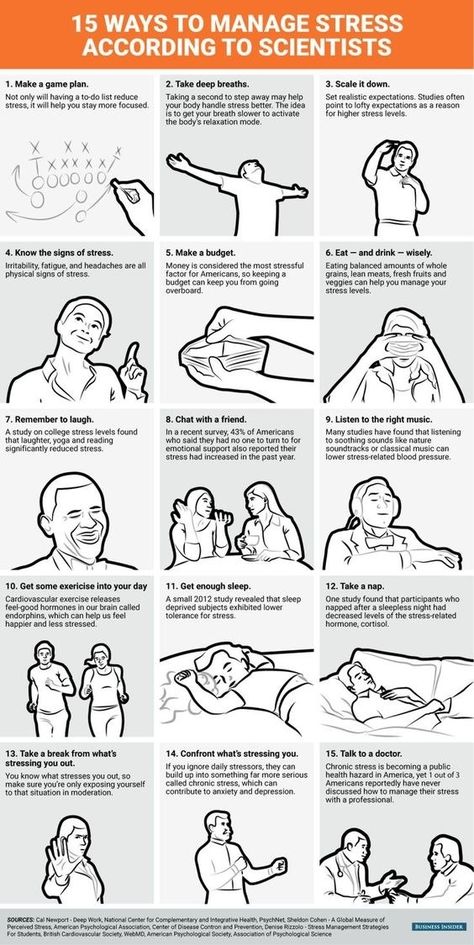
If you've been experiencing any of these symptoms for a long time, it might be time to slow down a bit and pay more attention to yourself, your mental health, and lifestyle changes that can help reduce your stress levels. nine0009
Storytel is an international subscription audiobook service. The Storytel library contains audiobooks from almost all genres, from classics and non-fiction to lectures, stand-ups and podcasts. This is a service that solves the problem of reading. It lets you listen to audiobooks anytime, anywhere: while exercising, preparing meals, commuting to and from work, on the plane, before bed, and whenever you want. Storytel creates and records its own unique content - lecture projects, podcasts, audio series, and also collaborates with the best voices in the country. nine0009
We get rid of obsessive thoughts
We think that the more we think about the problem, the more likely we are to find a solution to it or prepare for possible unpleasant consequences.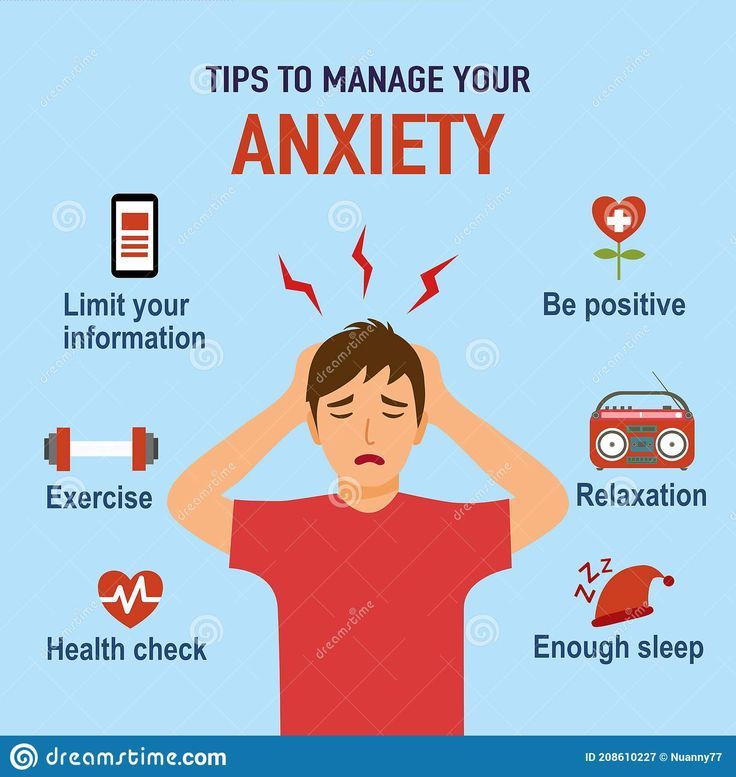 In fact, we do not help ourselves much when we think about what worries us very much. The level of anxiety rises, and even if you have a solution to the problem, this does not mean that you will instantly stop worrying. What to do in such a situation?
In fact, we do not help ourselves much when we think about what worries us very much. The level of anxiety rises, and even if you have a solution to the problem, this does not mean that you will instantly stop worrying. What to do in such a situation?
Exercise “I have a thought”
When we think about the subject of our anxiety, it is as if we are no longer in the present and are transported into the past or future. The exercise helps to return to reality and remind yourself that your experiences are just thoughts, albeit largely justified (but not always).
Think about what is bothering you and say: “I have an idea that tomorrow the conversation with management will not go very well. And this is just a thought” . Even better, say it out loud, and it will become easier for you to return to your previous affairs and not live with what has not yet happened or has already happened. nine0009
The question “What if?”
We are often visited by thoughts that can be formulated through one question: “What if?” What if we don't suit each other? What if the manager calls for a meeting in order to cut my salary? Such thoughts appear completely by chance, they cannot be controlled, since they are directly related to our experiences and fears. However, you can develop the habit of always finding an alternative.
However, you can develop the habit of always finding an alternative.
Think of a new, positive response to each of your worrisome thoughts. For example, suppose that a meeting with superiors will lead to a promotion, and a possible tense conversation with a partner will end in agreement. It would be useful to treat this with a bit of humor and imagine a completely absurd outcome: for example, that the leader drops everything and moves to the North Pole, and leaves you in charge without explaining the reasons. By approaching anxiety with humor, you will change the vector of your thoughts and feel a little better. nine0009
Concentration on breathing
It's no secret that in our body all systems are connected to each other. If we are angry, the pulse quickens, if we are in a calm state, it slows down. Obsessive thoughts can make your head hurt, and prolonged inactivity will lead to muscle discomfort, which will cause your body to send signals to move with all its might.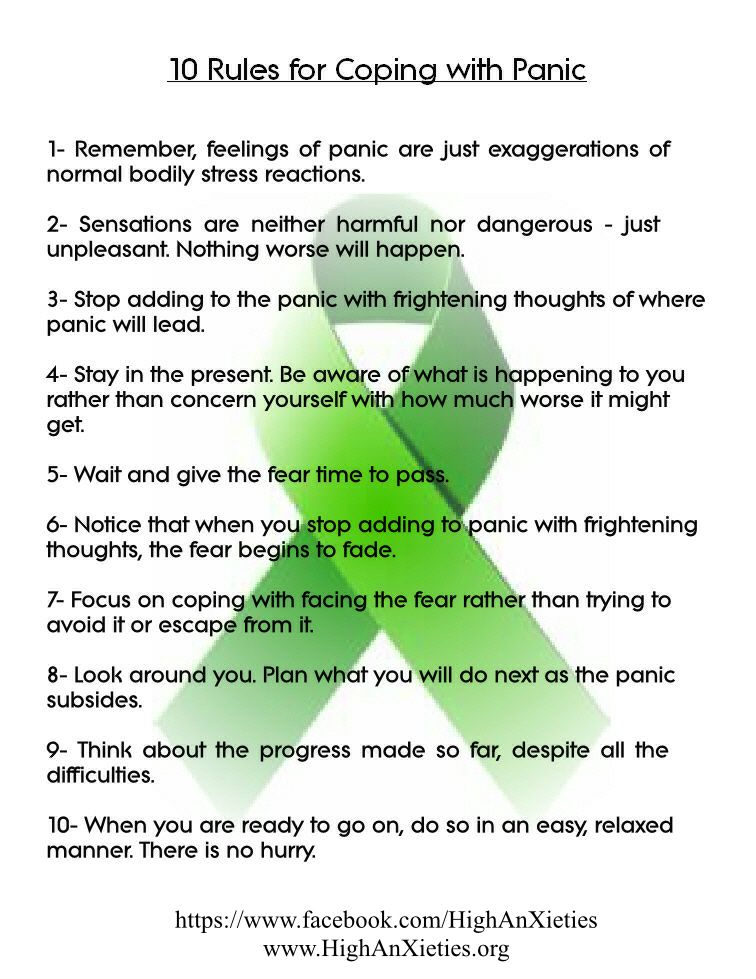
Meanwhile, a conscious focus on breathing will have the opposite effect: if obsessive thoughts lead to rapid breathing, then calmness will relieve unnecessary stress. Your task is to slowly inhale and exhale, concentrating on this process. Think about how the chest fills with air and releases it. Repeat several times until breathing returns to normal. nine0009
Storytel is an international subscription audiobook service. The Storytel library contains audiobooks from almost all genres, from classics and non-fiction to lectures, stand-ups and podcasts. This is a service that solves the problem of reading. It lets you listen to audiobooks anytime, anywhere: while exercising, preparing meals, commuting to and from work, on the plane, before bed, and whenever you want. Storytel creates and records its own unique content - lecture projects, podcasts, audio series, and also collaborates with the best voices in the country. nine0009
Dealing with anxiety at work
As much as we love our job, it often comes with some level of stress, which is fine until anxiety starts to affect performance, focus, and relationships with colleagues.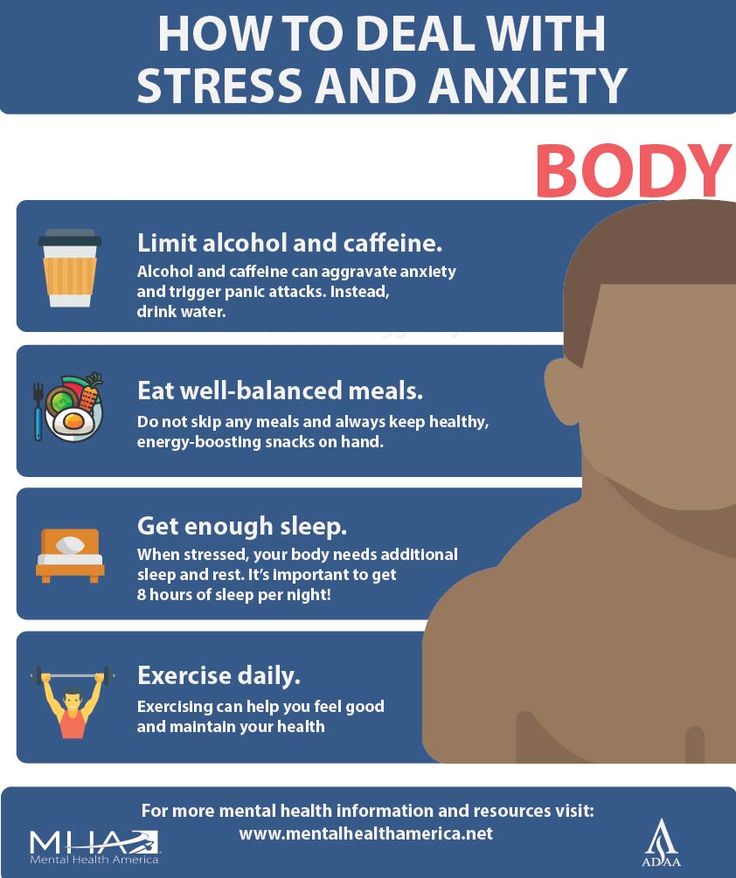 The most common cause of anxiety at work is the presence of someone “higher than us”, on whose opinion your performance, sense of self-worth, motivation and much more depend. However, there are methods that can help shift your focus and gain confidence. nine0009
The most common cause of anxiety at work is the presence of someone “higher than us”, on whose opinion your performance, sense of self-worth, motivation and much more depend. However, there are methods that can help shift your focus and gain confidence. nine0009
Good Morning Ritual
Many would agree that almost the rest of the day depends on our getting up in the morning. Often, in fact, the reluctance to wake up and get out of bed is not laziness at all, but an alarm signal, since it may seem to you that something will definitely happen at work that will only confirm all the worst fears. When you get up with these thoughts in the morning, you reinforce certain behaviors that are completely unproductive. What can you do? nine0009
-
Clean your room the night before so you don't wake up in a stressful mess.
-
Place a glass of water next to the bed. When the alarm goes off, take a deep breath, stretch, sit down and drink all the water.
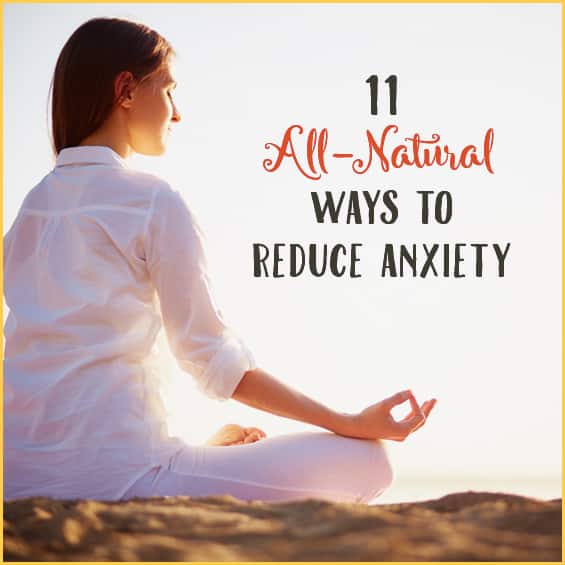 Wait a while, listen to your body. This helps reduce anxiety.
Wait a while, listen to your body. This helps reduce anxiety. -
Move from the bedroom to a purpose-built space. Sit quietly, mindfully observing the surroundings, sounds, and smells in the room. Appreciate how you feel while sitting in a chair. Do a short meditation focusing on the in-breath and out-breath. nine0009
-
Enjoy a decaffeinated cup of tea or coffee (caffeine tends to increase anxiety).
-
When you feel ready, get up slowly and continue to prepare for the day ahead.
Mantra of non-judgment
Condemnation of oneself and others leads to mental limitations, takes energy and resources, and also increases the level of anxiety. While the basis of any work on oneself is the acceptance of shortcomings and weaknesses, both one's own and others. nine0009
To stop the flow of restless thoughts in time, chant the mantra of non-judgment. Like affirmations, a mantra is a statement that reminds you of something important.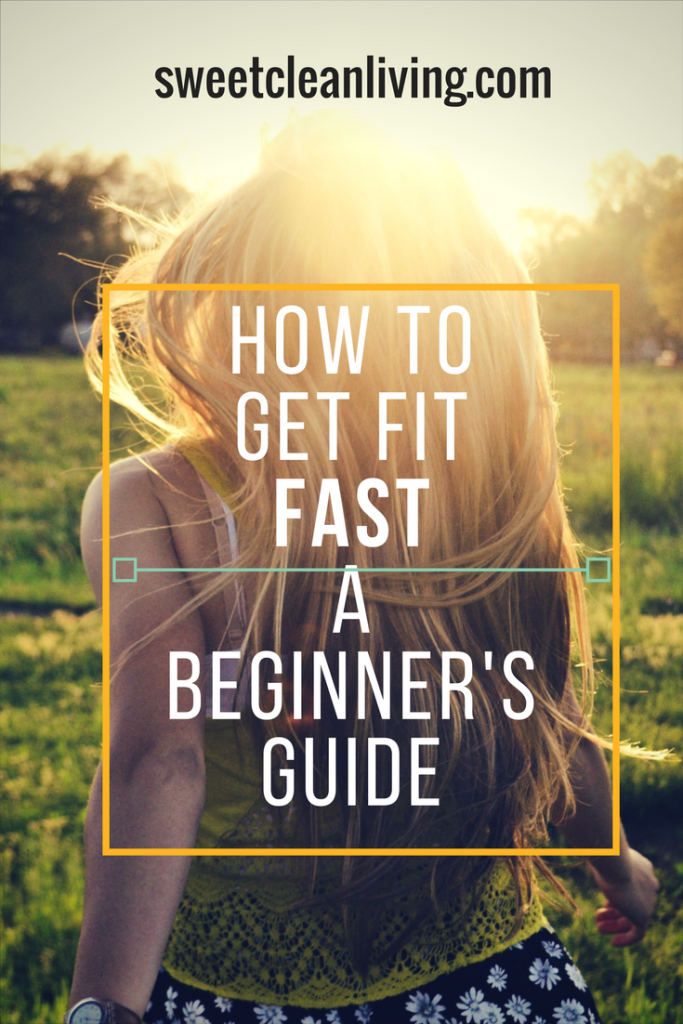 Say to yourself: "Today I am not judging anyone or anything" or "My mind is open, my thoughts are neutral" . Come up with a mantra that will help you, and repeat it to yourself as often as possible so as not to dwell on condemnation.
Say to yourself: "Today I am not judging anyone or anything" or "My mind is open, my thoughts are neutral" . Come up with a mantra that will help you, and repeat it to yourself as often as possible so as not to dwell on condemnation.
Toxic perfectionist
Almost all of us have a small part that prevents us from enjoying life, because "everything is not perfect." Feeling anxiety from a sense of imperfection, you do not allow yourself to feel harmony and satisfaction from what you have done, which is why the desire for the ideal only increases. And along with it, the level of anxiety. This is an unpleasant vicious circle that can be broken by accepting your imperfection. You are already good enough, and the following exercise will help you see it:
-
Describe a time when perfectionism got in the way.
-
If you made a mistake, what then? Think and write as many possible consequences as possible - both positive and negative.
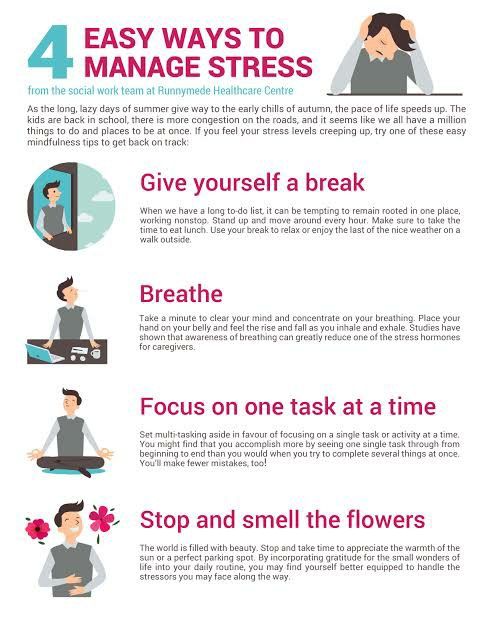
-
Study this list. If each of the consequences happened, how would you handle the failure?
If you think about the cause of anxiety, and not anxiety itself, you will learn to look at it from a new perspective, and also notice that, despite imperfections, you have actually already done a lot to make everything go well and with a minimum of mistakes. nine0009
Storytel is an international subscription audiobook service. The Storytel library contains audiobooks from almost all genres, from classics and non-fiction to lectures, stand-ups and podcasts. This is a service that solves the problem of reading. It lets you listen to audiobooks anytime, anywhere: while exercising, preparing meals, commuting to and from work, on the plane, before bed, and whenever you want. Storytel creates and records its own unique content - lecture projects, podcasts, audio series, and also collaborates with the best voices in the country. nine0009
Relationships are very important to us: we worry about what people close to us think of us, play different roles when communicating with colleagues or friends, because this way we are more likely to win favor.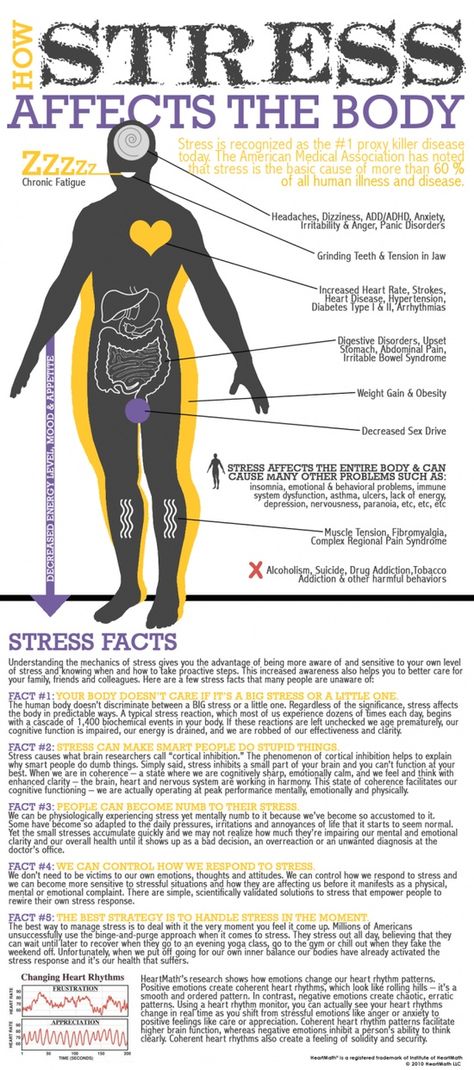 Whether we like it or not, we need to communicate with people at least occasionally, which can be a cause for concern for many of us. While there are plenty of opportunities around us to enjoy communication rather than diligently avoiding it. There are several simple exercises that will help, if not get rid of anxiety, then at least reduce it to an acceptable level. nine0009
Whether we like it or not, we need to communicate with people at least occasionally, which can be a cause for concern for many of us. While there are plenty of opportunities around us to enjoy communication rather than diligently avoiding it. There are several simple exercises that will help, if not get rid of anxiety, then at least reduce it to an acceptable level. nine0009
List of positive things
Experiences make us think about the most negative consequences of communication and completely forget about what good happened between you and, let's say, your partner. To remember the pleasant, make a list for yourself of a variety of moments when you were happy.
If this is a problem, then your level of anxiety may not allow you to really enjoy the fact that you spend time with this or that person. A list can also help here, but now the positive points that you need to create with your own hands. For example:
-
Treat a close friend for coffee and spend time with him.

-
Create a shared playlist with friends or family.
-
Find someone to go to trade shows, the gym, or go for a daily morning run with.
After that, start putting into practice situations in which you think you will be happy. And try to live in this moment, and not the anxiety that something will definitely not go according to plan.
Careful attitude towards oneself and others
We are all worried - just someone to a greater extent, and someone to a lesser extent. Nevertheless, there are plenty of reasons for anxiety, self-doubt and the feeling that we will eventually be abandoned, each of us has plenty. Just a reminder of this brings you back to reality and confirms the fact that you are not at all alone in your anxiety.
What should I do in this case? Mantras that will be directed both at you and those around you can help you. Formulate for yourself life-affirming phrases that will remind you in moments of anxiety that your experiences are normal and familiar to everyone.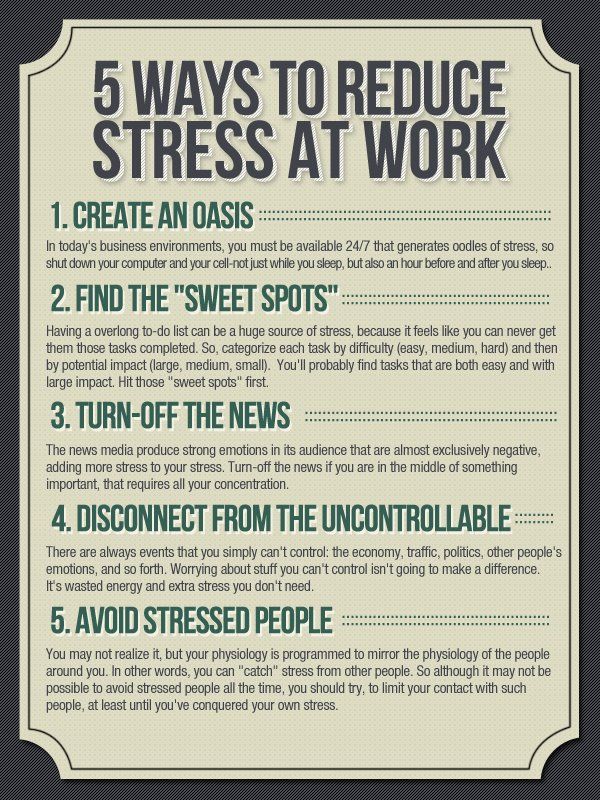 For example:
For example:
-
I allow myself to be accepted as I am. / Let others accept themselves as they are.
-
I will allow myself to calmly accept my mistakes. / Let others take their mistakes calmly.
-
I will allow myself to rejoice at what I can do. / Let others rejoice in their achievements.
The list can be anything, as long as it reflects your worries.
Why do you need a relationship? nine0006
Anxiety often occurs because our expectations and needs are not being met. We can compromise and give in to another person as much as we like, but in the end, dissatisfaction will be stronger than anything else. Therefore, as soon as you catch yourself thinking that anxiety has unwittingly become your new partner, think about how your needs are being met. Here is a list of the basic things we usually want from another person:
-
love, feeling needed;
-
partnerships;
-
power;
-
independence, freedom;
-
mutual support;
-
intimate relationships;
-
flexibility, ability to negotiate;
-
pleasure.
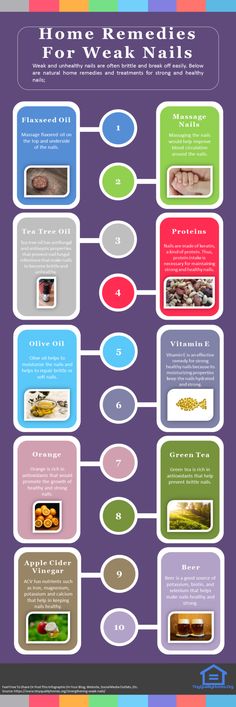
Ask a friend, acquaintance, or partner to make the same list, and then discuss the answers. Understanding what you and the other person need will give you more knowledge and opportunities for communication that will be enjoyable for everyone. nine0009
15 simple ways to cope with surging anxiety / AdMe
Do you know the feeling when a wave of anxiety rolls in for absolutely no reason? It would seem that everything is in order, but suddenly you feel a surge of heat, your breathing quickens, your palms sweat... It turns out that this is absolutely normal, at least psychologists say so. But involuntary anxiety can spoil our plans for the evening and even lead to more negative consequences.
Bright Side decided to deal with anxiety once and for all so that it doesn't take you by surprise anymore. nine0009
Where does anxiety come from?
Anxiety is born in the limbic system of our brain as a response to a stressful situation.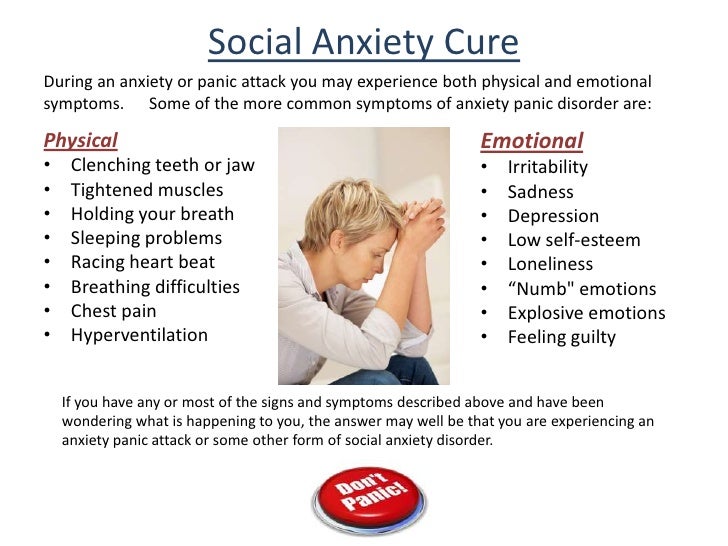 At this point, the adrenal glands release adrenaline, which sets off a cascade of reactions in our body so that we can fight or flee from danger. So it was in the days of ancient people, when they met a predator. And modern man in this regard does not differ from his ancestors.
At this point, the adrenal glands release adrenaline, which sets off a cascade of reactions in our body so that we can fight or flee from danger. So it was in the days of ancient people, when they met a predator. And modern man in this regard does not differ from his ancestors.
Nowadays, such a negative incentive can be, for example, a change of job, a breakup in a relationship, an accident, or even a simple conversation with a boss. Only today we are no longer “fighting” and running nowhere, but suppressing negative emotions. But the adrenaline released into the blood does not go anywhere, and anxiety attacks accompany us for some more time even in the absence of an irritant. nine0009
The feeling of anxiety signals that there is a danger to our survival, like a light bulb indicating a possible malfunction of one of the car's systems. At this moment, a person feels nausea, tremors pass through the body, it becomes difficult to breathe, sweating increases, appetite disappears or, conversely, an uncontrollable desire to eat arises, and other symptoms of anxiety appear.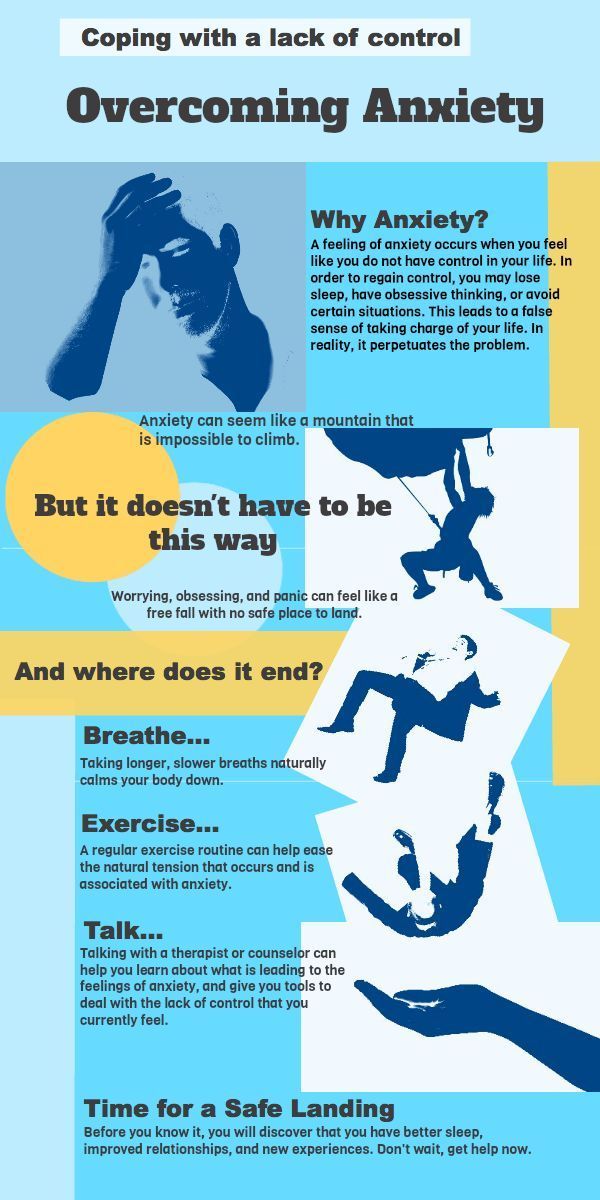
Some people are more anxious than others. Psychologists note that the tendency to worry is due to temperament, upbringing and the presence of stressful situations experienced at an early age, when we are most impressionable and connections between brain regions are not fully formed. nine0009
Everyone copes with anxiety differently: someone cancels an exciting meeting for him, another seeks “help” in alcohol or reaches for sweets. We decided to collect the simplest and most effective ways to overcome anxiety.
1. Ask yourself a series of questions
If you are worried about some problem, the outcome of a certain situation, ask yourself a few questions: “How likely is it that bad things will happen?”, “If it does happen, what is the scenario for the development of events will become the worst and the best?", "What can I do to prevent an undesirable outcome?", "How can I cope with this situation?". nine0009
As soon as you begin to analyze the problem, the feeling of anxiety will recede: if the brain is busy, it forgets about anxiety.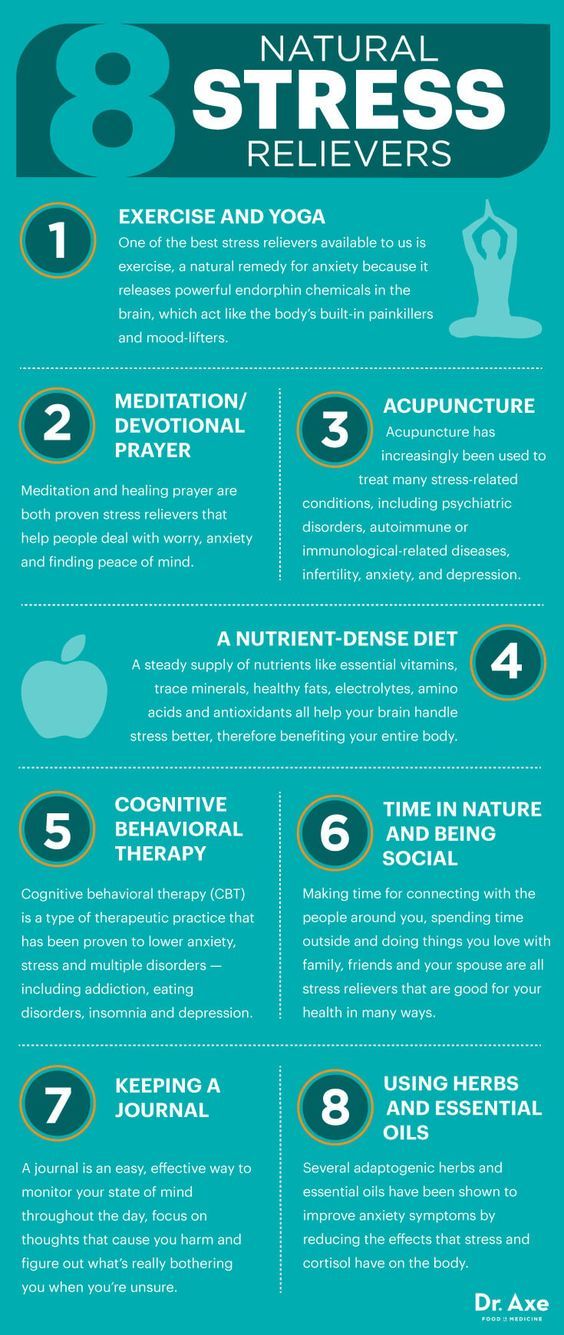
2. Repeat the anxiety situation
Watch for when your anxiety increases. Try not to avoid such situations, but, on the contrary, strive to relive them, no matter how scary it may sound to you.
Do you feel uncomfortable talking to new people? Then use every opportunity to get to know each other. It is not necessary to put in extra effort and immediately run on a blind date - for a start, it is enough to talk with a stranger, for example, in the gym or at the checkout in the supermarket. Or fly more often to deal with aerophobia. Soon you will gain control over the situation, and it will no longer cause such a strong anxiety. nine0009
3. Write down your thoughts
Instead of replaying the same worrying thought, take a piece of paper and a pen to write down all the things that are bothering you. Then re-read your experiences. The reasons for concern will seem insignificant and stop worrying you.
In the same way, a similar method works - to voice your feelings aloud.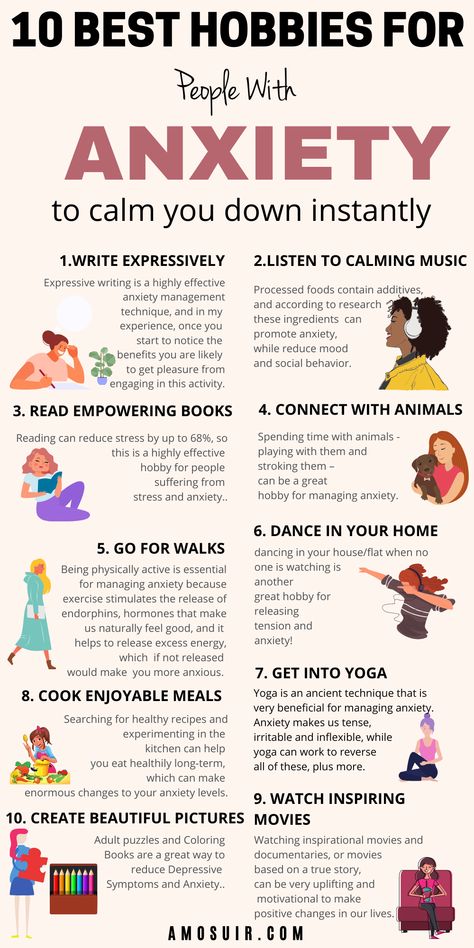
4. Take your anxiety to the point of absurdity
During an anxiety attack, trying not to worry or telling yourself that everything will be okay can backfire and make you even more anxious. Psychologists recommend not running away from anxiety, but, on the contrary, going deep into this feeling, strengthening it and bringing the situation to the point of absurdity. nine0009
Let's say you're afraid to go outside today. Agree with yourself and confirm that it is really dangerous there: zombies walk the streets, and fiery rain falls from the sky. At some point, nonsense will seem funny to you, and you will laugh at what just a few minutes ago horrified you.
5. Relax your muscles
Anxiety for a long time causes chronic tension in the body and, as a result, muscle clamps. That is why it is so important to learn the techniques of physical relaxation. It can be yoga, meditation or special ways of breathing. nine0009
6. Use diaphragmatic breathing
To recover from anxiety, you need to sit up straight, lower your shoulders and breathe in a way that moves your stomach.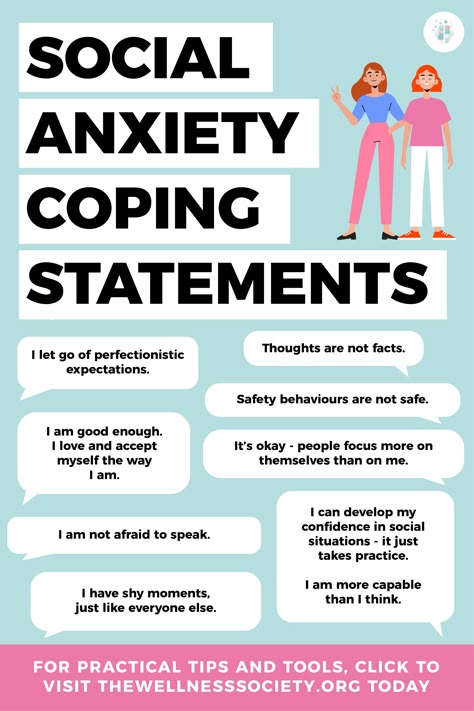 Diaphragm breathing is deeper and more natural. In this way, you saturate the organs with oxygen, which the body lacks so much during stress. After all, often in a state of anxiety, we unconsciously hold our breath, and it becomes more superficial.
Diaphragm breathing is deeper and more natural. In this way, you saturate the organs with oxygen, which the body lacks so much during stress. After all, often in a state of anxiety, we unconsciously hold our breath, and it becomes more superficial.
7. Go in for sports
The joy hormones serotonin and endorphin, which are produced during exercise, will make you calmer and help you relax.
But one workout will not be enough. Do aerobic and cardio exercises regularly: this will help you literally “run away” from anxiety.
8. Increase daily activity
A sedentary lifestyle increases anxiety. An 8-hour work day has a negative impact on mental health, even if you go to the gym in the evening. Therefore, it is very important to increase activity during the day: be sure to stop work every hour to take a short walk in the hallway or do simple exercises, such as bending over or squats. nine0009
9. Distract yourself with your favorite hobby
Your mental balance depends on how well you can shift your focus from thoughts that bother you to something pleasant.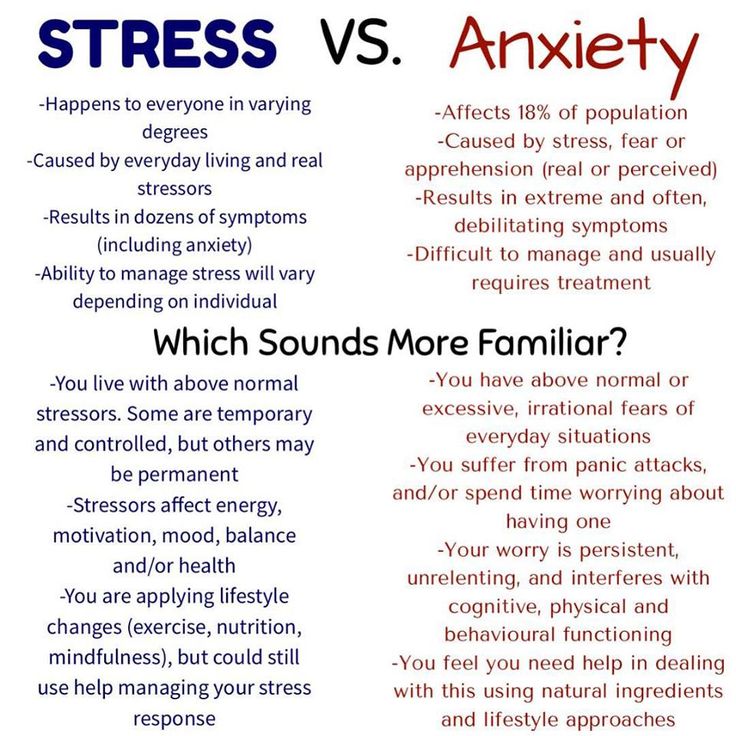 It can be both quiet activities and active ones: reading, embroidery or swimming and cycling.
It can be both quiet activities and active ones: reading, embroidery or swimming and cycling.
10. Listen to your favorite music
Genre doesn't matter. For example, classical music will not calm you down if you don't like it, but your favorite rock music will lower your heart rate and blood pressure, slow down your breathing, and relieve muscle tension. nine0009
11. Comb your hair
If your work involves sitting at a computer monitor for a long time, in the evening you may feel heaviness and pain in your head due to the tension of mimic muscles.
A regular comb will help you deal with this. Comb your hair for 10-15 minutes: this will relax the facial muscles and increase blood circulation in the brain.
13. Have a snack and tea
If you are prone to anxiety, keep a banana handy. Such a snack will help replenish the supply of folic acid, magnesium, potassium and vitamins necessary for the normal functioning of the nervous system.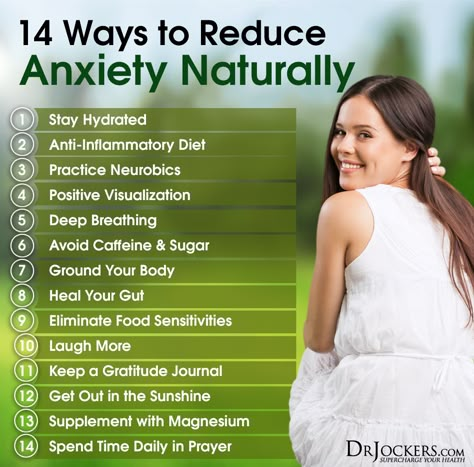 In addition, omega-3 acids, which are found in large quantities in fatty fish, save you from stress. nine0009
In addition, omega-3 acids, which are found in large quantities in fatty fish, save you from stress. nine0009
If the anxiety is so strong that a piece does not fit in the throat, arrange a tea party. Stress triggers the production of free radicals. Antioxidants, which are rich in green tea and hibiscus, will help remove these harmful substances.
14. Clean up
Clear your apartment of unnecessary rubbish or tidy up your desk by throwing out everything superfluous. This will help you relax. In addition, putting things on the shelves contributes to the ordering of thoughts in the head. nine0009
15. Fill the space with scents
Stock up on scented candles, essential oils, or perfumes that you enjoy and associate with positive experiences. Smells are associated with emotional memory, which is why, inhaling your favorite aroma, you will be mentally transported to happy moments, and anxiety will gradually recede.
When anxiety gets out of control
Anxiety is the body's natural response to a stressful situation.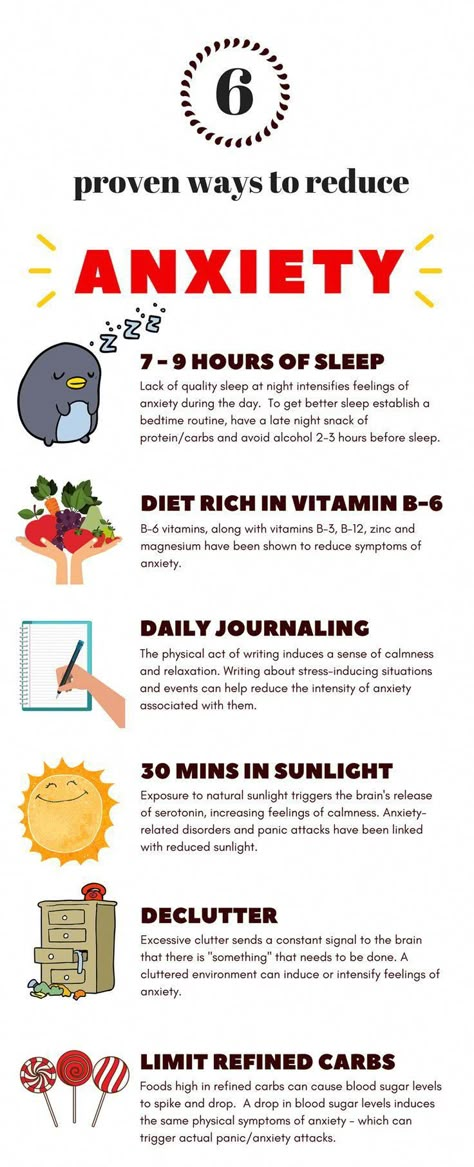 It is worth worrying about the state of your health if such anxiety lasts for quite a long time and noticeably poisons your life. In this case, it is customary to talk about chronic anxiety or generalized anxiety disorder. This disorder is accompanied by the following symptoms:
It is worth worrying about the state of your health if such anxiety lasts for quite a long time and noticeably poisons your life. In this case, it is customary to talk about chronic anxiety or generalized anxiety disorder. This disorder is accompanied by the following symptoms:
- You cannot fall asleep for a long time at night, you wake up often.
- You get tired quickly and feel unwell: your head is spinning or hurts, your mouth dries up, nausea appears, your heart rate increases.
- You find it difficult to sit in one place and concentrate.
- You strive to bring any result to the ideal.
- You find it difficult to relax.
How a panic attack occurs and how to deal with it
There are other conditions that can signal that something is wrong with you. It happens that attacks of uncontrollable panic are found on a person. Let's say you go on a date and feel a sharp increase in heart rate, shortness of breath, nausea, and even fear of death.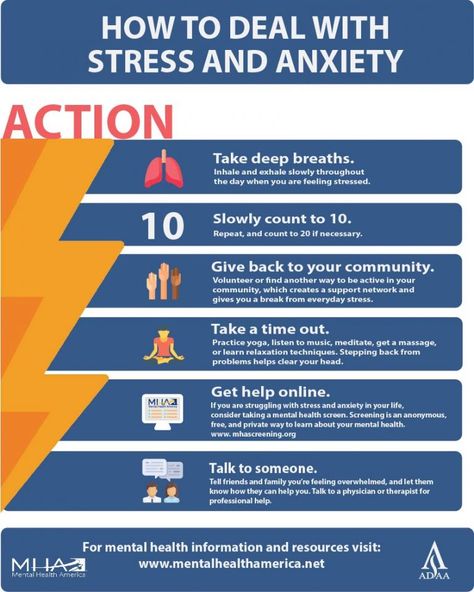 This condition is referred to as a panic attack. Regularly recurring attacks are called panic disorder and are classified as pathologies. nine0009
This condition is referred to as a panic attack. Regularly recurring attacks are called panic disorder and are classified as pathologies. nine0009
Among the factors leading to a panic attack, heredity, an unfavorable atmosphere in childhood, a traumatic situation or prolonged stress are noted. Unlike anxiety, which can accompany you in the background for a long time, a panic attack occurs suddenly, literally covers a person with a head and lasts 15-30 minutes.
Since these attacks occur under a wide variety of circumstances, they are impossible to predict and quite difficult to determine what is the trigger. Sometimes this happens without any external stimuli. Therefore, a person suffering from panic attacks is always on the alert, waiting for the next attack, and this, in turn, only aggravates the situation. nine0009
When a panic attack begins, psychologists advise not to try to stop it as soon as possible and return to a calm state, but, on the contrary, try to bring the sensations to a peak: in this way, the feeling of anxiety will pass faster.